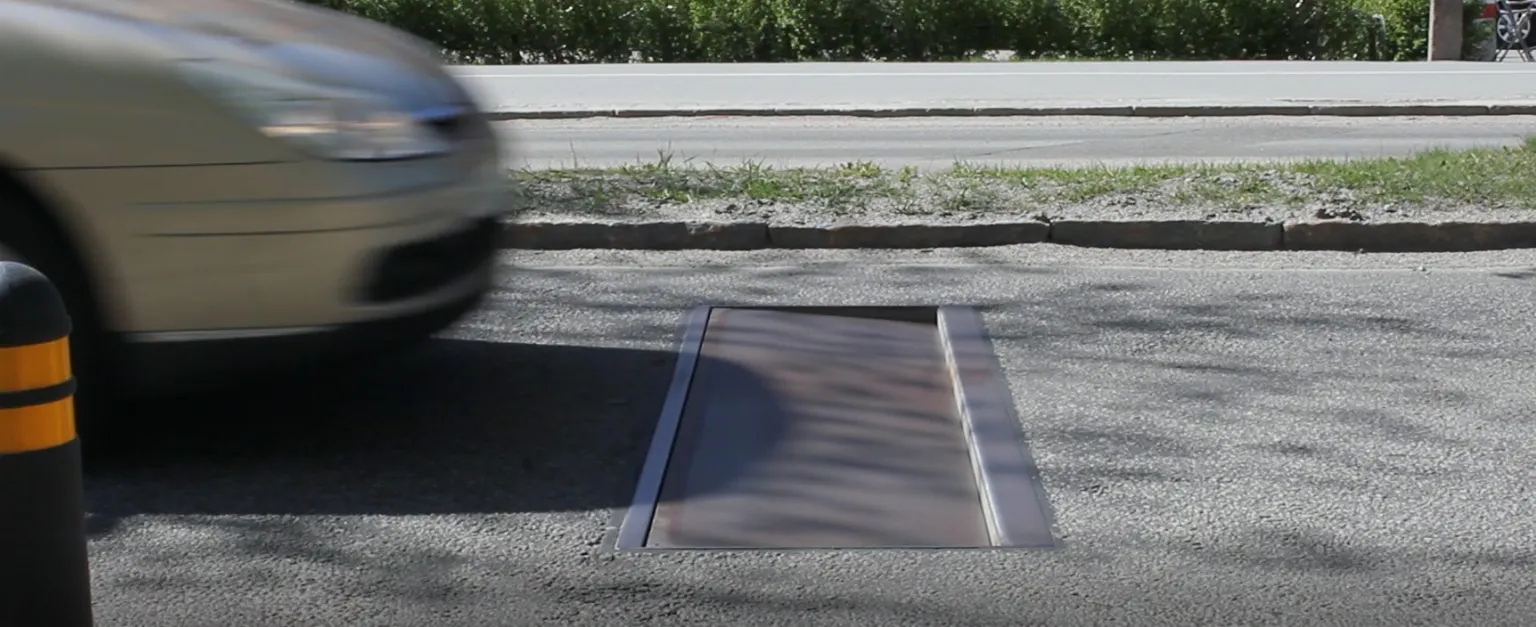
Edeva has won a major framework agreement to supply the company’s Actibump vehicle speedbump to the Swedish Transport Administration.
The administration has been using Actibump since 2018 when the agency installed the first ones in Ystad, Sweden, on the E65 road. Since then, the administration has installed the Actibump system on another five sites.
Edeva, a Swedish company founded in 2009, delivers connected systems and services for traffic safety, Weigh in Motion, vehicle classification and environmental sensing.
Actibump can be installed on both large thoroughfares, like the European TEN-T road network, as well as on smaller regional roads through smaller counties and villages.
The first draw down on the framework is for a system for a four-lane road in Sundsvall, on the pan-European road E14. Installation is expected this summer.
The main purpose of the Actibump is to allow for a smooth flow of traffic at a safe speed. This is achieved by a downward-facing active speed bump that is only activated for those who speed. In its initial position, and for everyone abiding by the speed limit, the Actibump plate lies flat with the road surface. If a speeding vehicle is detected, then the plate will lower at one end, creating a bump.
The Actibump system also delivers large amounts of traffic-related data to the customer through the software platform EdevaLive.
“We are very happy that the framework agreement is finalised,” said David Eskilsson, chief executive of Edeva.
“We’ve been looking forward to this [as] a recognition of the usefulness of the system and that they have the confidence in us as a company. The vision of The Swedish Transport Administration is that everyone should arrive smoothly, green and safely to their destinations and it is exactly that the Actibump achieves.”
Edeva says that around 100 Actibumps have been installed, most of them in Swedish municipalities, including at the toll station on the iconic Øresund Bridge, but also in Australia, Norway, Denmark and Iceland.









